【文化释说英文有声书】第一篇 “服章之美”(四)
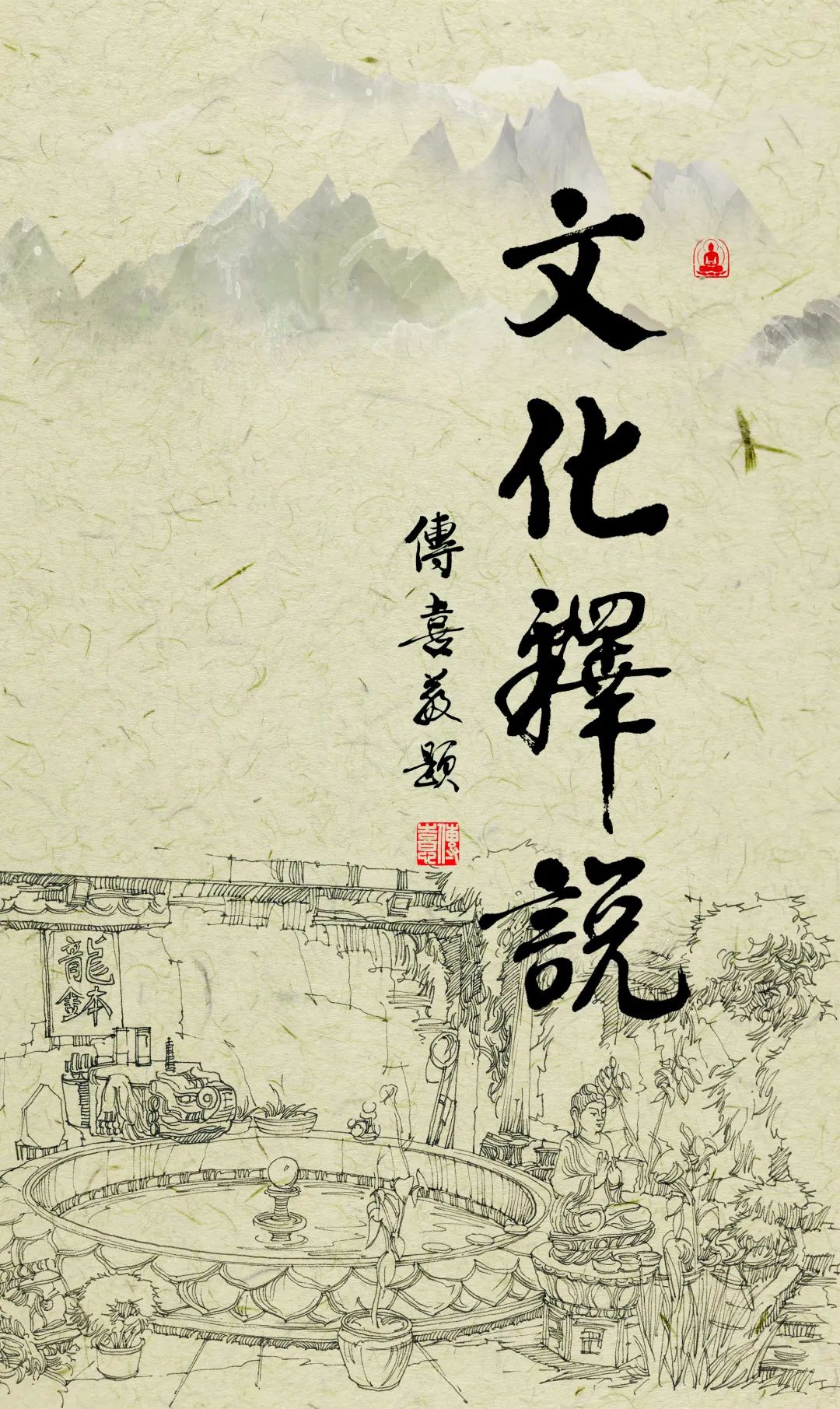
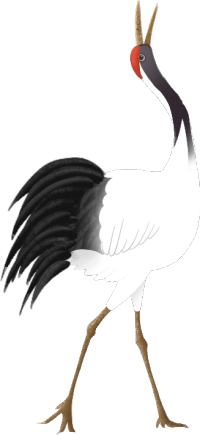
“服章之美”
Section Four –
The Beauty of Costume and Emblems
华夏文明开启的是圣人之道,礼达百世,威传千秋。有威可畏, 有仪可象,上奉宗庙社稷,下化万民行善。
That which the Hua Xia civilization inaugurates is a path of the sages. Propriety reaches a hundred generations and valour goes on for a thousand years. There is valour to be revered, and decorum to be observed. At the top echelons of society, there is the worship of the ancestors and the guardians of the state; and at the bottom, the transformation of the population to be wholesome.
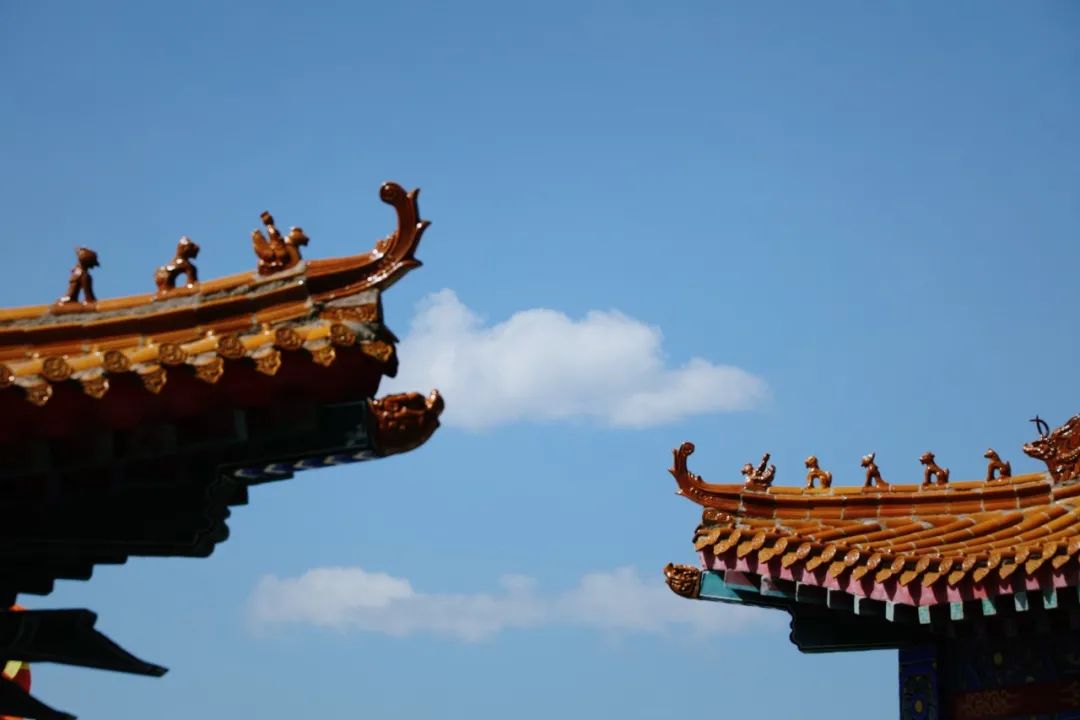
小至生活中的点点滴滴 , 大至器形、文字、艺术、哲学 , 中国文化体系无所不包,容纳万象却又大道无形 , 均皆承载着华夏文明的内涵 , 浸染着中华之美与东方意趣 , 蕴含着华夏道统的智慧。就连日常生活中的衣着发型等 , 都是其间精微深妙的集中体现。
From all the trivialities of everyday life to more important things like the shapes of wares, the written word, the arts, and philosophy, there is nothing that the system of Chinese culture does not embrace. Although all-inclusive, the Dao is great and formless. In an all-encompassing manner, it sustains the essence of the Hua Xia civilization, is infused with the beauty of the Chinese and the allure of the Orient, and embodies the wisdom of the Hua Xia tradition. Even such things as how clothes are worn and hairdos done are all but crystallized manifestations of the subtle profundity that lies within the Dao.
古人为什么重戴冠
Why did the ancients put so much emphasis on headgear?
古人好威仪,所以重冠。冠很重要,不像现在很多人以散发为时尚, 古人没有散发的,而是束发,犯罪的人才散发。
As the ancients valued valour and dignity, much emphasis was placed on headgear. Headgear used to be very important, unlike now when many deem it fashionable to spot disheveled hair. People of ancient times did not spot disheveled hair. They tied up their hair. Only criminals had their hair undone.
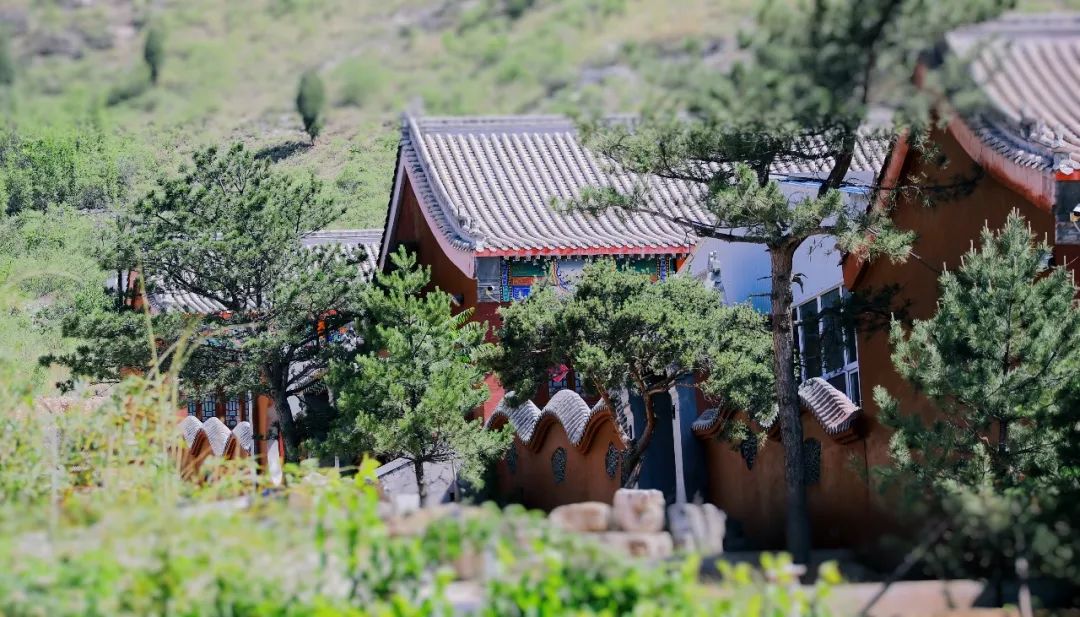
古戏中可以见到这样的场景,一个人犯了罪,大堂之上,头冠“啪” 一声被打掉,头发散乱后开始甩,为什么?表示奇耻大辱,比要他的 命还羞耻。头发如果散掉,代表你已经降格到人面兽心的层次,降格到动物的层次。散发是低级生命的状态,要把它盘起来束发向上,才是向道的状态。
We often see such scenes in old opera: a person who has committed a crime has his headgear smacked off from him in the hall of a magistrate’s court, and he then goes on to fling his hair in a circular motion. Why is that? It represents the suffering of a great insult that is much worse than the taking of one’s life. When one’s hair is undone, it means that one has fallen down to the level of somebody who appears human but has the mind of a beast, or the level of an animal. Having one’s hair undone is the state of being of the lower lives; tying up one’s hair in an upward fashion symbolizes the aspiration towards the Dao.
孔门七十二贤人之一的子路, 身死卫国时说:“君子死, 冠不免。”在生命最后的关头,我可以死 , 但必须戴着冠,古人的自我道德约束可见一斑。
When he was dying in the State of Wei, Zi-lu, one of the seventy-two disciples of Kong-Zi, said, ‘The superior person dies with his headgear on.’ In the last moments of one’s life, one could give up one’s life, but one needed to still have his headgear on. Such was the moral self-discipline people of the ancient times displayed.
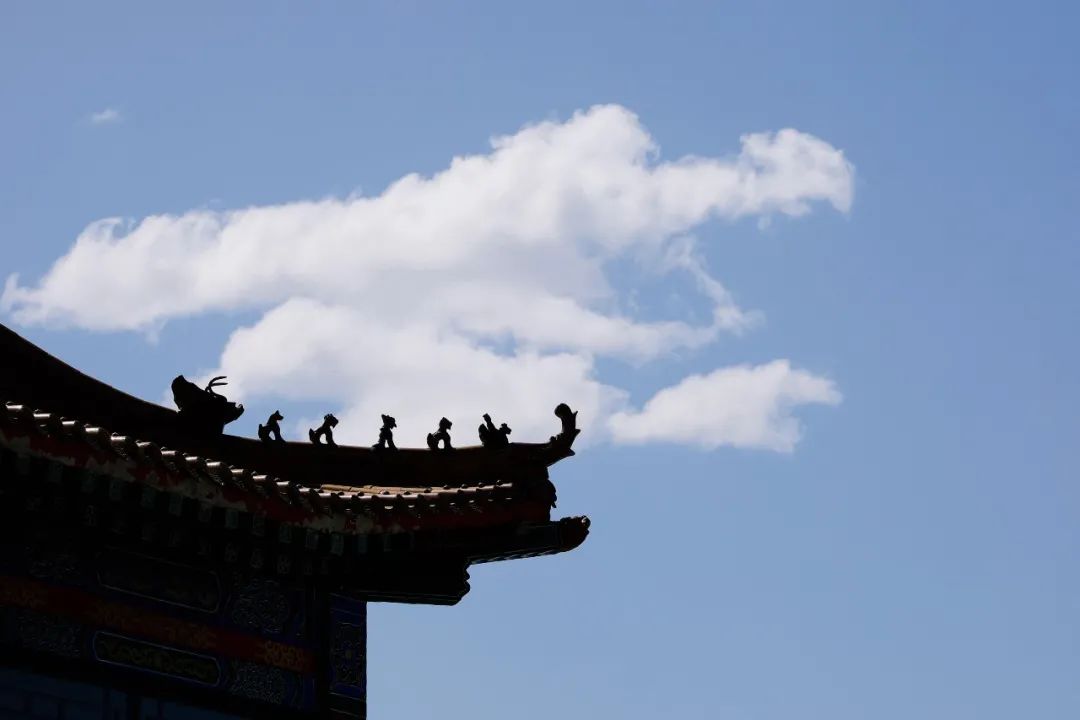
帝王之冕
The Imperial Crowns of Emperors and Kings
我们上面提到的冠,古人称之为“头衣”。头衣主要有冠、冕、弁、帻四种。
冕为帝王所属。我们普通老百姓戴的不叫冠也不叫冕。《说文》云: 古者黄帝初作冕。冕,相当于帝王的礼帽,至南北朝以后,作为礼冠, 冕为帝王专用。前段时间,我在参观山东省博物馆时,看到过至今全 国保存最完整的一个冕,据说是朱元璋第九子之物。乍看之下,王与 皇的帽子差不多,但其实区别非常大。
古王者之冕, 头顶上的那块长方板称为“綖”, 前“圆”表“天”, 后“方”表“地”;“綖”之前端缀有珠玉帘,“天地之间”垂下来的是“道”, 旒表道;这两边中间各有一根线垂块玉 , 下至耳边 , 表示耳朵要时刻保持着回光返照;帽子圆筒的前面有一只金蝉 , 金蝉代表生命 ,“金蝉脱壳”意指转凡成圣的生命蜕变, 完成了生命升华。古代帝王戴着冕, 坐于天地正气间, 以示他始终处于“道” 的状态。皇帝“冠冕”,安住在这种状态里;大臣“抱璧”,也要安住在这种状态里。
The ancients call the headgear we have mentioned previously ‘headdress’. Headdress mainly consisted of guan (冠 aristocratic crowns), mian (冕 imperial crowns), bian (弁 headpieces), and ze (帻 turbans). The imperial crown belonged to the royalty. The ordinary folk wore neither aristocratic nor imperial crowns. It is mentioned in Shuo Wen Jie Zi that ‘the mian was first used by the ancients during the time of Emperor Huang’. The mian was the headdress of emperors and kings. Until after the time of the Northern and Southern Dynasties, it became the ceremonial crown. The mian was specifically for emperors and kings. When I was visiting the Shandong Provincial Museum previously, I saw by far the most well-preserved mian in our country. It is said to belong to the ninth son of Zhu Yuan-Zhang (the founding emperor of the Ming Dynasty). On first look, the headgear of kings and emperors appear similar, but there is in fact a very big difference. The rectangular panel at the top of the mian of ancient kings is called yan (綖), the front of which is curved to represent heaven, and the back straight to represent earth. A veil of jade pearls hangs from the front of the yan to represent the Dao which flows from within heaven and earth. The liu (旒) represents the Dao. From the middle of each of the sides of the yan hangs a piece of jade on a string that reaches the ear, representing the need for one’s ears to be constantly in reverse contemplation. On the front of the rounded cap is a golden cicada which represents life. The shredding of the shell of the cicada represents the metamorphosis into the divine from the ordinary in the perfection of the sublimation of one’s life. Donning their mians, the ancient emperors and kings sat at the spirit of righteousness between heaven and earth, to show that they were always in a state of the Dao. Wearing the imperial crown, the emperor abided in such a state; carrying with them jade ornaments, the court officials also needed to abide in such a state.
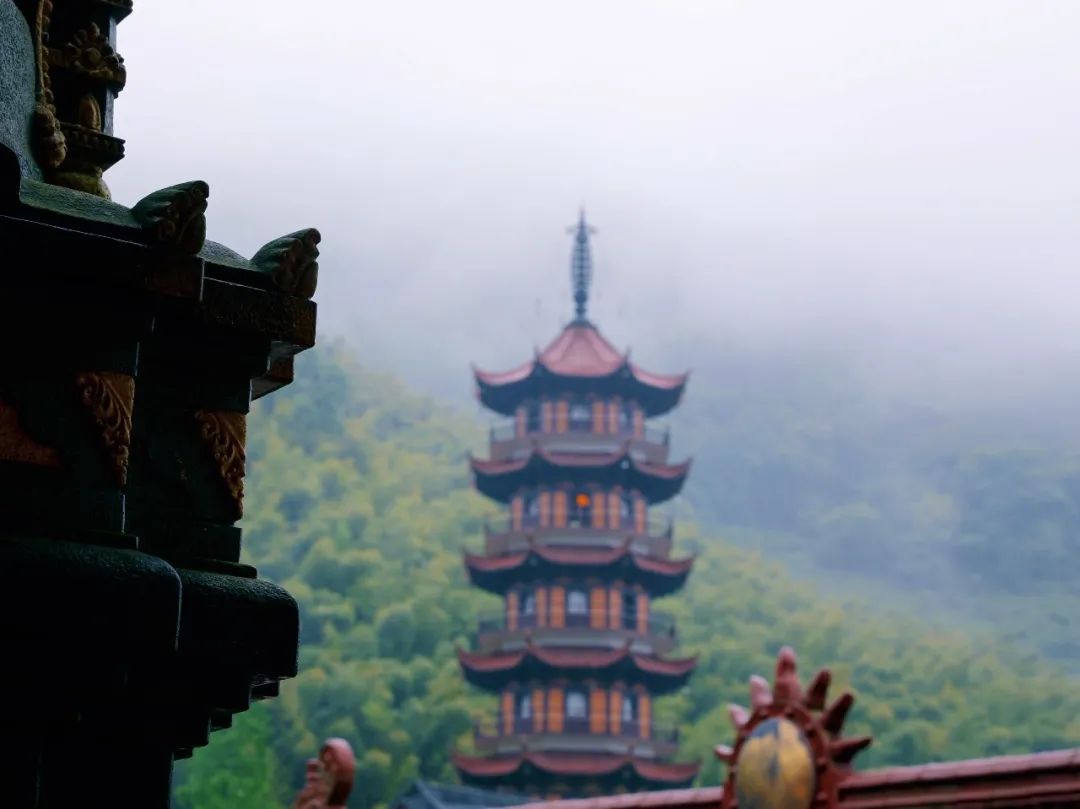
或许我们也可从炼气功的角度 , 感受一下那是什么样的能量。非礼勿视 , 非礼勿听 , 非礼勿言 , 符合于礼 , 礼就是“天地大道”。南无阿弥陀佛!南无阿弥陀佛!南无阿弥陀佛! ……我们出家 人每天要念几千声几万声,为什么?因为“南无阿弥陀佛”就是“道”,无量光无量寿是超越时空的,是永恒的。“南无”就是皈依的意思, 我要皈依永恒,我的生命可以进入永恒的状态。处在皈依永恒状态的 人,上可以报国家恩、国土恩和众生恩,下可以报自家老祖先的恩,可以光宗耀祖。
一个人的精神力量可以让世界和平、国泰民安,这是形而上的能量。诸如股票涨了、黄金多了,这种形而下的能量炽盛反而会乱人心! 唐朝有位庞蕴居士,素有东土维摩之称,他说:“世人爱真金,我爱刹那静。金多乱人心,静见真如性。”
From the perspective of one who trains in qigong, we are perhaps able to feel what kind of energy that is. Not looking at that which is contrary to propriety, not listening to that which is contrary to propriety, and not saying things that are contrary to propriety – this is to be in accordance with li. Li is the Great Dao of heaven and earth. ‘Namo Buddha Amitabha! Namo Buddha Amitabha! Namo Buddha Amitabha!’ We monastics need to chant this several thousand or several tens of thousand times every day. Why? This is because ‘Namo Buddha Amitabha’ is the Dao. Infinite light and infinite life transcends time and space, and is eternal. ‘Namo’ has the meaning of ‘taking refuge’ - one wants to take refuge in eternity so that one’s life enters into a state of everlastingness. One who has sought refuge in a state of eternity is able to repay debts of gratitude owed to one’s state, one’s fatherland, and myriad beings on the one hand; and those owed to one’s ancestors on the other. One is able to bring glory to one’s ancestors and one’s clan. The spiritual energy of one person can bring peace to the world, one’s state, and the people of one’s state. This is energy which is metaphysical. When non-metaphysical energies like the rise in stock prices and gold are ablaze, they tend to befuddle the mind! During the Tang Dynasty, there was a lay follower by the name of Pang Yun who was known as Vimalakirti of the East. He said, ’People of the world love pure gold, while I the quietude of the moment. Gold in abundance befuddles the mind; the nature of true suchness is seen in quietude.’
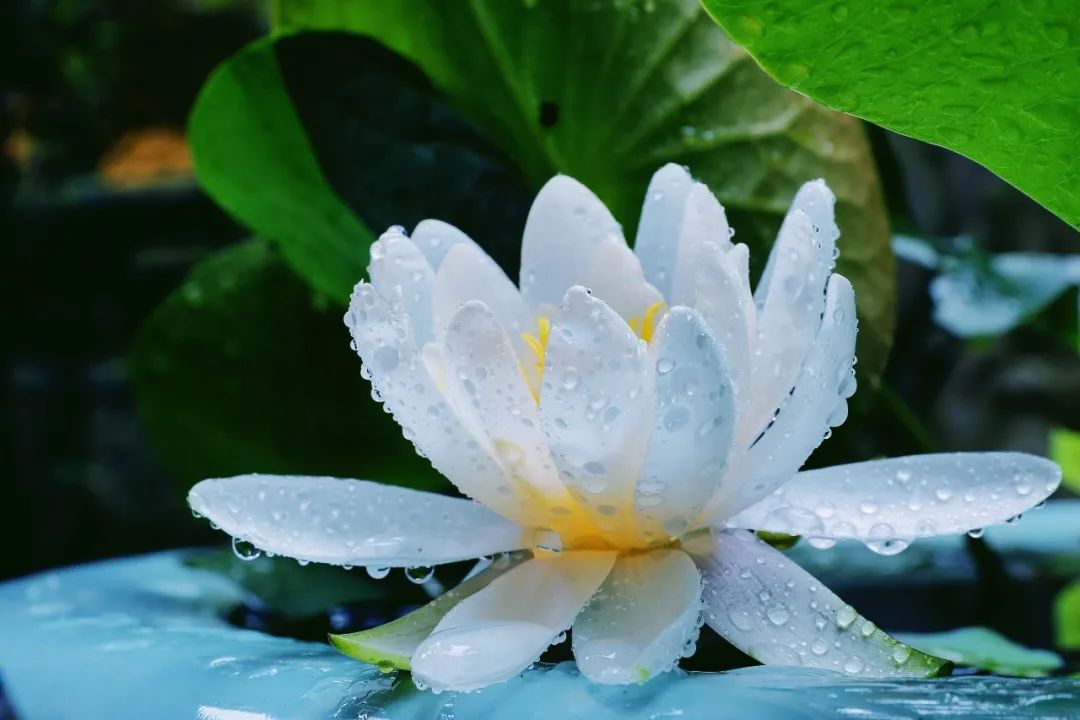
髻簪
Hair buns
过去女子头发上为什么有饰物?
Why did women of the past wear accessories in their hair?
古代女子将头发盘至头顶挽髻 , 所谓“髻挽巫山一段云”, 插以各种金玉簪钗 , 这些饰物会发出声音 , 表示在一颦一笑抬首举眉间 , 都要轻轻缓缓。耳上还带着坠子,表示“耳朵不要乱听”。人的耳朵 比眼睛还重要。眼睛看到的,早就忘掉;耳朵听到的,多少年都记得。
Women in ancient times rolled up their hair into a topknot – this was known as ‘a topknot to attract a soufflé of clouds from Wizard Mountain’ – and pinned on it all kinds of hair sticks made of gold and jade. These accessories made noises, which meant that when one was either frowning or smiling, or when one was raising one’s head to look up, one had to be delicate. Dangling earrings were a symbol that they should not be listening improperly. The human ear is more important than the eye. What the eye sees, one soon forgets; what the ear hears, one will still remember it many years later.
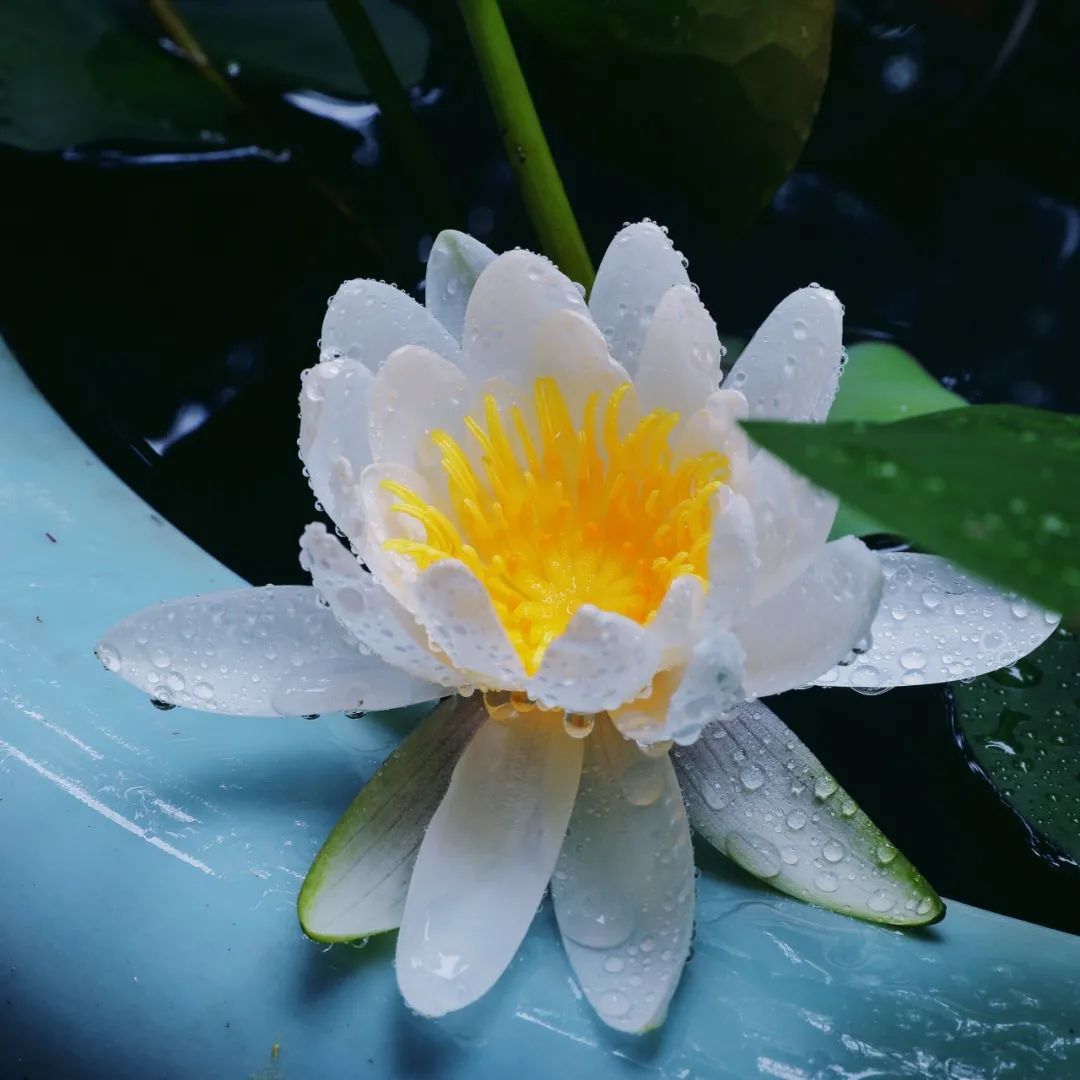
佛教讲:三门清净绝非虞,众等归依增福慧。眼睛、耳朵和口称 为三门,三门如果清净,这个人的生命质量和幸福指数肯定很高。口, 守口如瓶;耳朵,返闻闻自性;眼睛,不要东看西看。我刚出家的时候, 师父就告诉“三门守好,好修行”。耳朵不要东听西听,烦恼从中生。嘴不要乱说,你现在还没智慧,一张口就愚痴,让人笑话。
In Buddhism, it is said, ‘When the three gates – of the eye, ear, and mouth – are in repose and taintlessness, all contention and worries will be put to an end. Blessings and merits will be accumulated when all take refuge in and rely on [the Triple Gems].’ The eye, ear, and the mouth are known as the ‘three gates’. When the three gates are in repose and taintlessness, one’s quality of life and happiness index will be high. The mouth needs to be tight like the opening of a bottle, the ear to be constantly listening in reverse to one’s self-nature, and the eye to not be looking everywhere. When I had just renounced the householder’s life, my master told me to ‘guard the three gates well and practice diligently’, that the ear should not be listening to this and that because mental afflictions will be given rise to, and that the mouth should not speak carelessly because one still lacked wisdom and would be mocked at if one should have opened one’s mouth to display ignorance.
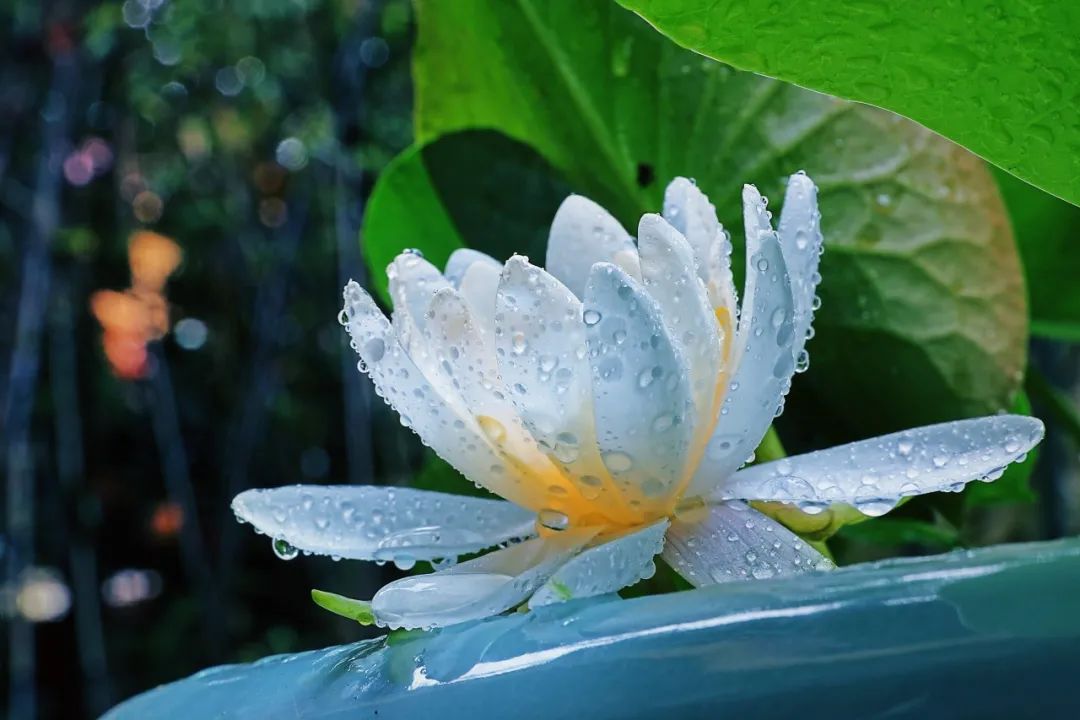
在书信落款处, 古时常题“敬请方家指正”。“方家”就是规矩 , 希望懂得规律又通晓大道的人给我指正,别贻笑大方。而出家人也称“方外之人”。老子的《道德经》, 不过五千言;孔夫子, 述而不著;《孟子》, 三万七千言。这些古圣贤都是方家,都是大智者。古人的生命为什么要这样?
In ancient correspondence, it was often written in the signing-off part: ‘I respectfully invite fang jia (the learned) to correct my mistakes.’ Fang jia constituted the rules – one hoped for those who knew the rules and who were accomplished in the Great Dao to point out one’s mistakes so that one would not be mocked at by everybody else. Monastics are also known as ‘those outside of the fang (the sphere of worldly affairs)’. Lao-Zi’s Dao De Jing is a mere five thousand characters; Kong-Zi transmitted [the ancient teachings] but did not author [any works himself]; and Meng Zi is thirty-seven thousand characters in length. These ancient sages were all fang jia, and had great wisdom. Why were the lives of the ancient people like that?
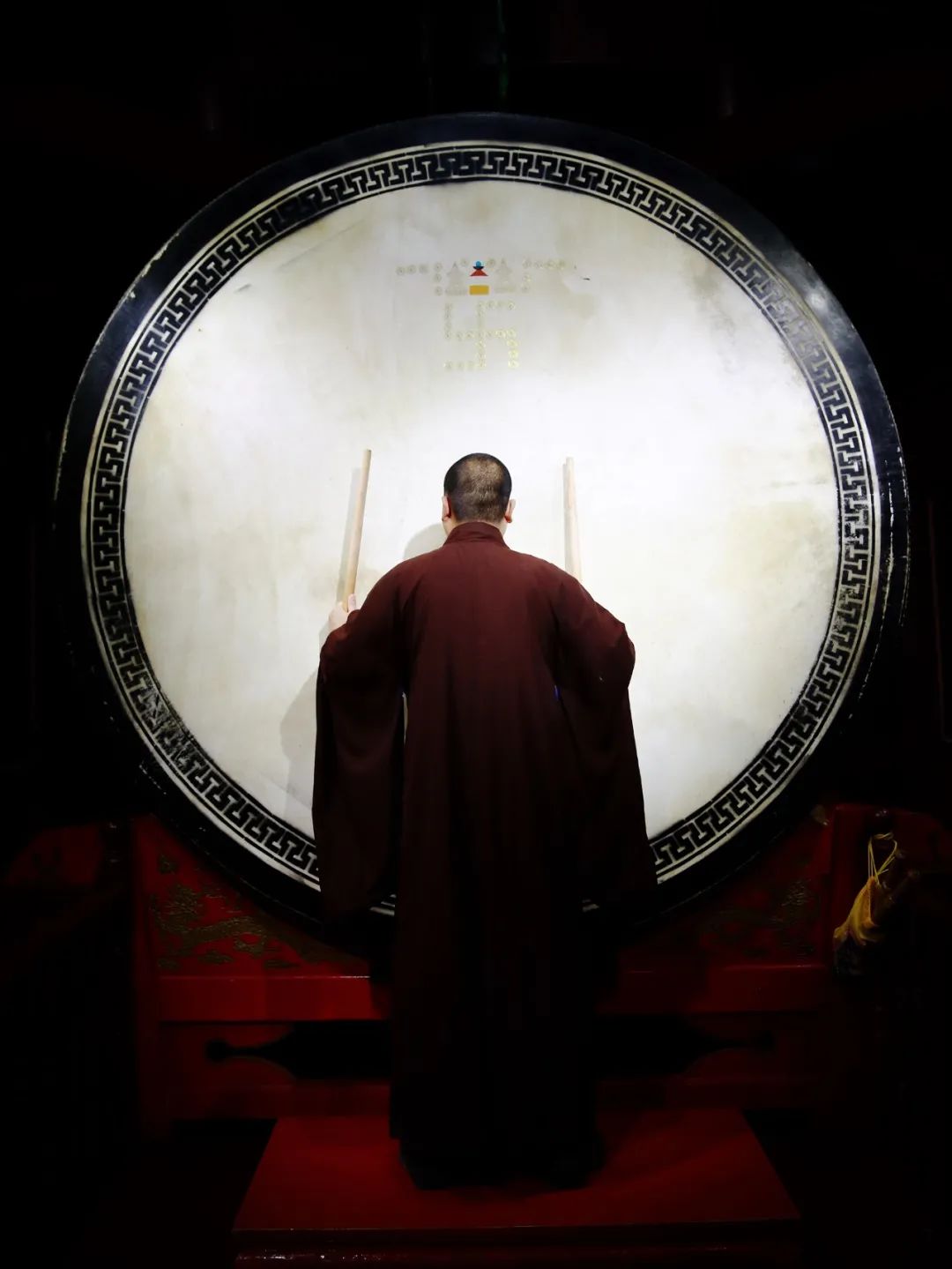
慧日鼓声
The sound of the drum at Hui Ri Temple
我们生命中有非常重要的事情要做 , 大家刚才看到的玉璧,没头没尾,上面雕刻着龙。记不记得我讲过玉璧当中的那个洞,你能不能再回到中国的“中”, 圆中的那道“|”?你回得去,就进入了时空隧道,回到宇宙的高级文明世界 , 那才是你的本事 ! 那才是人生之大事!
There are very important things we need to do in our lives. There was neither a beginning nor an end to the jade disc that we have just seen previously. On it is carved a dragon. Do you remember that hole in the centre of the disc I mentioned? Can you go back to the character zhong of zhong guo which I mentioned and the vertical stroke in that character? If you are able to go back, you will be entering a time-travelling tunnel to return to a highly advanced civilization in the universe. That is because you are capable! That is life’s most important matter!
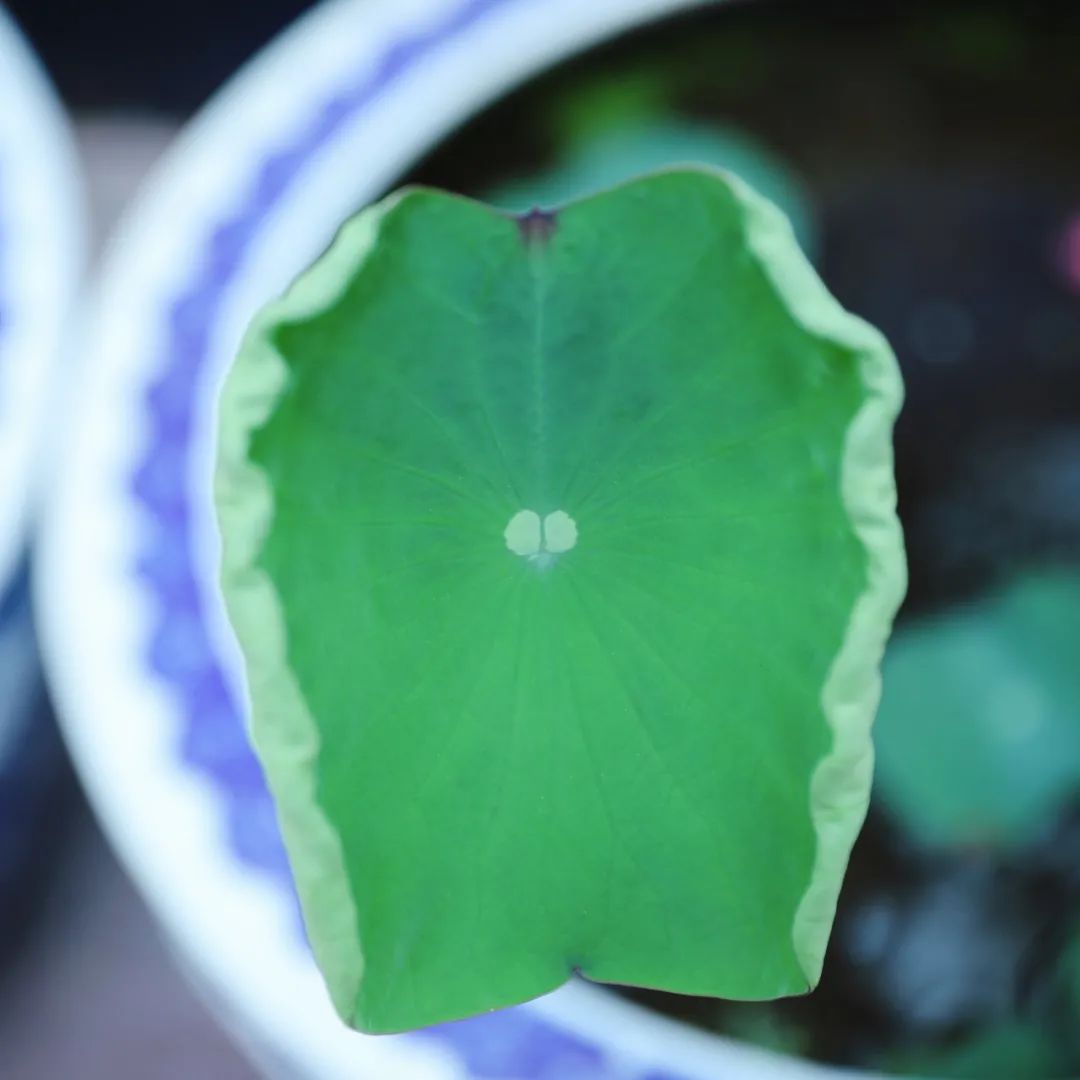
苦海轮回没有边际,如果“回不去”, 真可谓“一失人身万劫不复”。就像“璧”是圆的, 你只要一“归”到当中那个“洞”,就解脱了 !
“大音希声, 大象无形”, 我们中国人置身一切时处 , 都隐含着对“道”的遵循。
The ocean of suffering has no bounds. If you are unable to ‘go back’, it can be said ‘[existence in] the human form once lost will never be had again in ten thousand eons’. It is like the jade bi that is round – once you return to the hole in the centre, you will have achieved salvation! ‘The Great Voice is rarely heard, the Great Form has no shapes’ - all of us Chinese harbour this observance to the Dao inside us at all times and in all circumstances.
英文翻译&读诵:建成
慧日国际微信工作室
往期精选:
善師贊 Praise to the Wholesome Teacher
《妙法莲华经》(五百弟子受纪品第八)(Keith美式发音读诵)
【殊胜日功德亿倍】《妙法莲华经》(化城喻品第七)(Keith美式发音读诵)
【中英双语】《妙法莲华经》(授记品第六)(Keith美式发音读诵)
超能力、折叠时空、选择觉醒还是酷炫的神通?——「慧」看电影之《奇异博士》
最新视频《祈愿Praying》全网首发,祈愿世界疾疫消除、众生吉祥安乐

什么!?慧日国际佛学平台招募义工,还不赶快报名!
我们用心选择图文,陪伴读者走过漫漫时光,如果您也怀揣信仰,
擅长英语、法语、德语、意大利语、西班牙语、葡萄牙语、俄语、韩语、日语、瑞典、挪威语、荷兰语等语种翻译,文字编辑,和图文海报设计,那就别犹豫啦!邮箱:Huiriguoji_recruit@qq.com
~随喜转发~
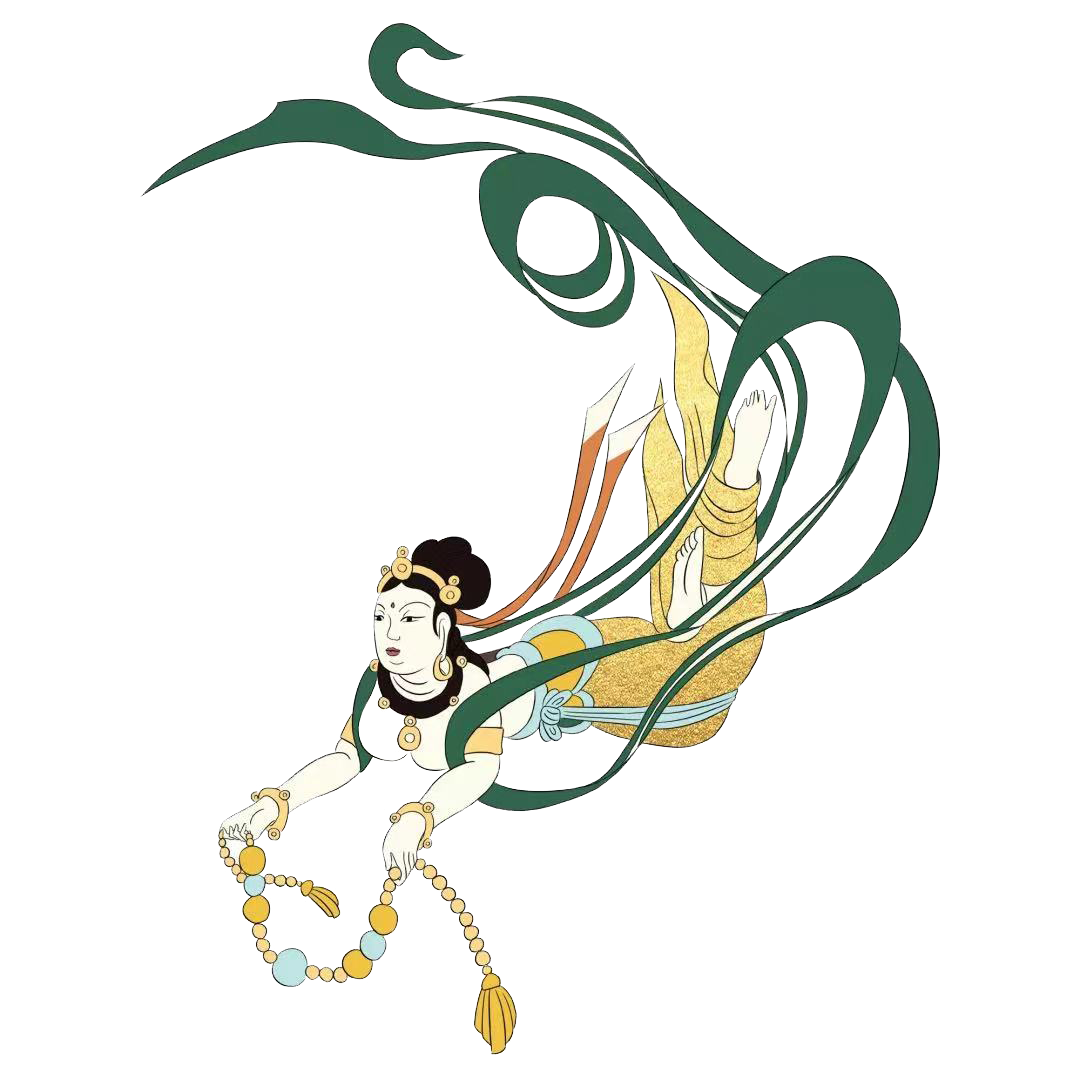


关注公众号
发菩提心
慧日国际佛学HRIB
义工招募:
如果您对微信排版、海报设计、多语种翻译有兴趣
请和我们联系吧!